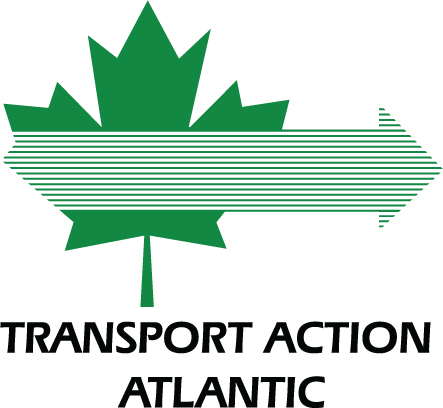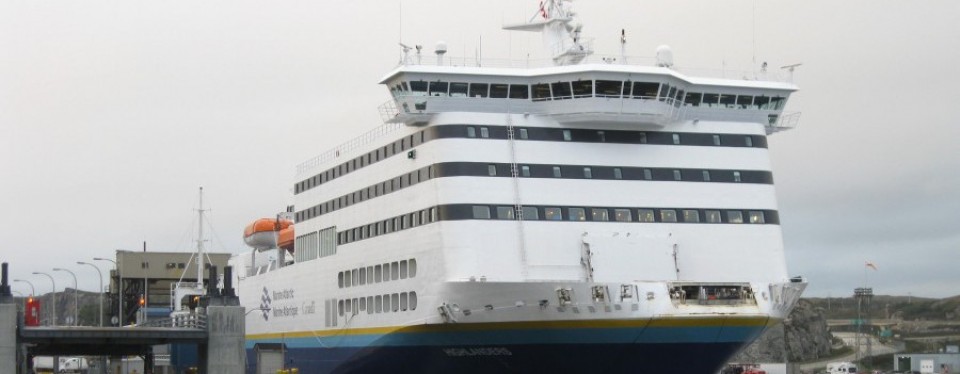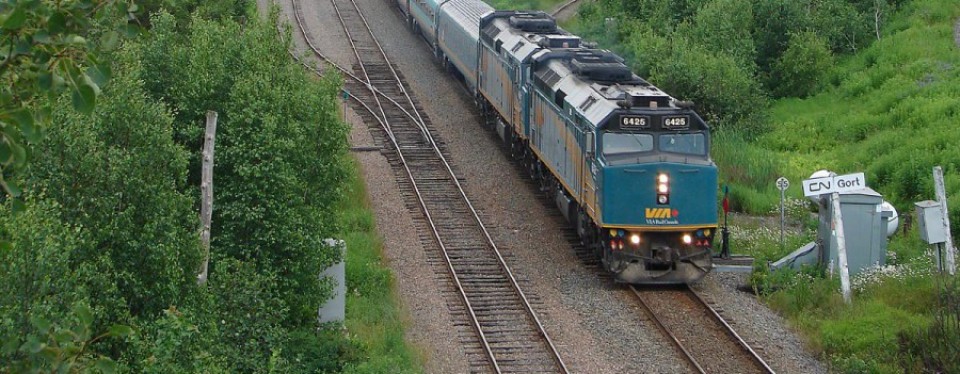Commentary by Donald R. MacLeod
The owners of the Truro to Sydney rail line (Genesee and Wyoming) have been given permission by the Nova Scotia UARB to discontinue service on that section of the line between Point Tupper and Sydney later this year. The owners claim that there is not sufficient traffic volume over that subdivision to justify continued train operations, even with a Nova Scotia government subsidy to make it at least break even. The line between Point Tupper, with its heavy industry, and Truro operates in the black, and overall the whole between Truro and Sydney is profitable. Why would the owners want to abandon this section with prospects of potential future traffic good, infrastructure funds available for upgrades, and the Province’s offer to continue the subsidy?
The answer could be that by closing the line and liquidating the assets including the rails, other infrastructure and long stretches of property fronting on the Bras d’Or lake would bring immediate and handsome return for Genesee and Wyoming – much more than continuing operating the trains at break-even.
The Nova Scotia Railways Act was passed back in the 1990’s when several secondary lines in the Province were sold by the major railroads to short line operators, bringing them under provincial jurisdiction. Back in the 1990’s there was little thought given that when railroads close, rails removed, the buildings torn down and the yards vacated there is left what could be described as an environmental quagmire. The only sections in the act that dealt with abandonment of a rail line was that the Province would have the right of first refusal to the assets – which when looking back appears to have been an oversight.
The Province recently had to remove several bridges on an abandoned rail line in the Annapolis Valley at very high cost, and now potentially faces the same situation in Cape Breton where the environmental clean-up could reach many million of dollars. The Province is now in the process of amending the act and regulations so that the owner will be responsible to leave the property in a fit condition as part of the abandonment process. This is a good move for two reasons.
First: faced with the high clean-up costs on leaving, the railroad owners should be more financially accommodating in arranging a takeover by the province or another potential operator. As one person said to me recently, it is possible that the price could be as low as a token dollar as the owners abandon Cape Breton.
Second: If the Province takes over the line across Cape Breton as salvage, at least the proceeds of the salvage (rails, property) would offset the clean up cost which could balance out at a small gain or loss. If the line cannot be saved, the government would have control of end land use for purposes of hiking trails, commercial use or recreational parks, and it would be cleaned up properly.
All considered, the legislative action is the right move for the Province to take at this time, and I believe the amendments to the Railways Act will ultimately save the line across Cape Breton Island. The Orangedale whistle may indeed once again be heard.





